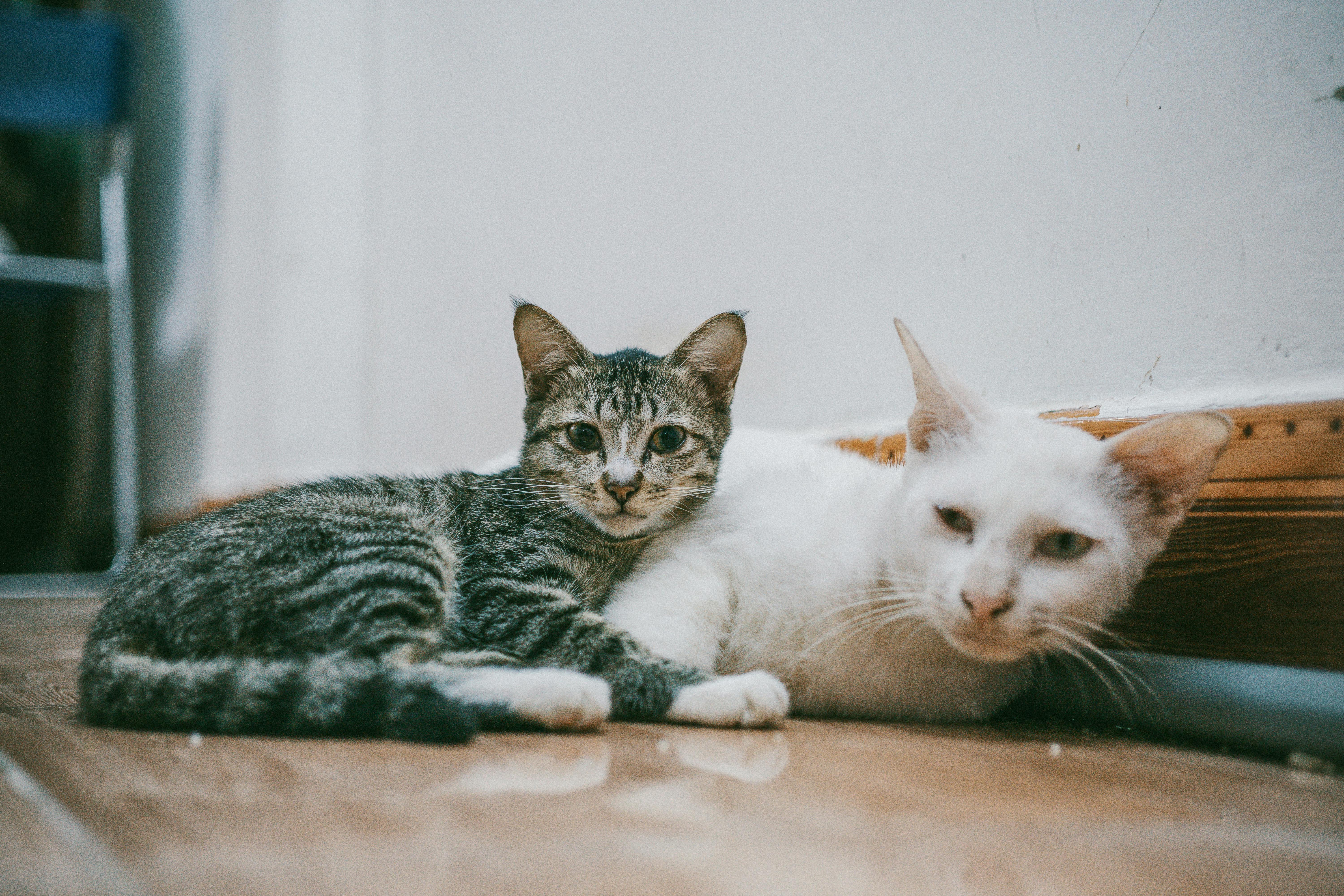The reason why dogs lick their wounds
As dog fanatics, we understand something: Dogs like to lick everything they come across. When it comes to injuries, there seems to be a bit of confusion. Is it advantageous to allow your dog to lick his wounds or does it create additional damage?
While it is true that there are certainly potential benefits to your dog licking his injury, it is necessary to keep in mind that the dangers may outweigh the benefits, especially when it comes to large injuries.
In this post, we will consider the reason why dogs lick their wounds, the threats associated with licking their wounds, and precisely how to prevent your dog from licking his own wounds.
The reason why dogs lick their wounds
Dogs basically lick their wounds due to the fact that they can aid in faster healing and ease discomfort. And while licking can aid recovery treatment in some injuries, it can also do more harm than good.
Licking wounds is an instinctive reaction in dogs, and it is also known to be practiced by other animals such as felines, primates, and rats.
Their mouth is the only tool they have at their disposal to try to fix wounds. They cannot use the medicine cabinet in conjunction with obtaining antibacterials themselves, so they use the only method they have obtained: the mouth. It is the only method they understand how to help themselves recover.
Why lick? your saliva consists of some helpful products that cleanse and speed recovery. It consists of a protein called tissue factor, also known as platelet tissue element, which can be beneficial in promoting blood clots. Dog saliva also includes opiorphin, an endogenous chemical compound that has the effect of a pain reliever.
The story behind licking injuries
The belief that dog saliva can help recover injuries dates back to ancient Egyptians. They believed that being licked by a dog, especially in an open wound, helped both to heal and to remedy diseases.
Those approaches are no longer used thanks to modern medication, however our dogs still do, and while licking their small wounds may not be a big deal, the substantial ones do.
Although licking wounds can offer certain benefits, some significant dangers are included. Licking wounds can slow down the healing process and, in some cases, can make things worse by causing infections.
Dogs have billions of germs in their mouths, and most of them have the potential to cause infections. Harmless bacteria like Pasteurella can create serious infections if they occur in an injury.
Friction activated by licking can also expose old injuries by breaking down cells. That can leave them prone to infection and debris, and completely slow down the healing procedure.
Surgical procedure sites are especially unsafe when it comes to licking, as it can break the stitches and re-injury. Injuries from surgical treatment are usually large as well as deep, so the chances of infection are quite high if your dog tends to lick the area.
Ways to prevent your dog from licking his wounds
When it comes to preventing your dog from licking his wounds, you can use an e-collar or bandage.
If your dog has actually undergone surgery, your vet can provide you with an e-collar and instructions on how long to leave it on before sending it back home to your dog. Nobody values the “cone of shame”, it is really essential to keep in mind that in the long run, it is for your own good.
When it comes to smaller lesions, you can use a band-aid to prevent your dog from licking the affected area, however, it is very important to note that some dogs will try to remove the bandage and start licking the wound the moment they you’re not looking.
If you are concerned about some type of injury to your dog, speak with your vet. They will have the ability to access your dog’s injury, provide you with treatment options if relevant, and allow you to recognize which method is suitable for safeguarding rather than licking wounds.
And if you’re not a fan of electronic collars (I don’t think anyone is), ask your vet if any of the options would be suitable. Depending on where your dog’s injury is, they may be able to recommend an option to an e-collar that is not as invasive.
If the dog has a small injury, use distraction methods like mind games or food puzzles to keep your dog busy. Keep an eye on your dog when he is not actively busy doing something, keeping in mind that he may lick the wound again.
conclusion
If your dog has a recent wound that worries you or that won’t heal, see your vet. A host of treatment options are used, plus they will have the ability to develop the right treatment for your dog.
